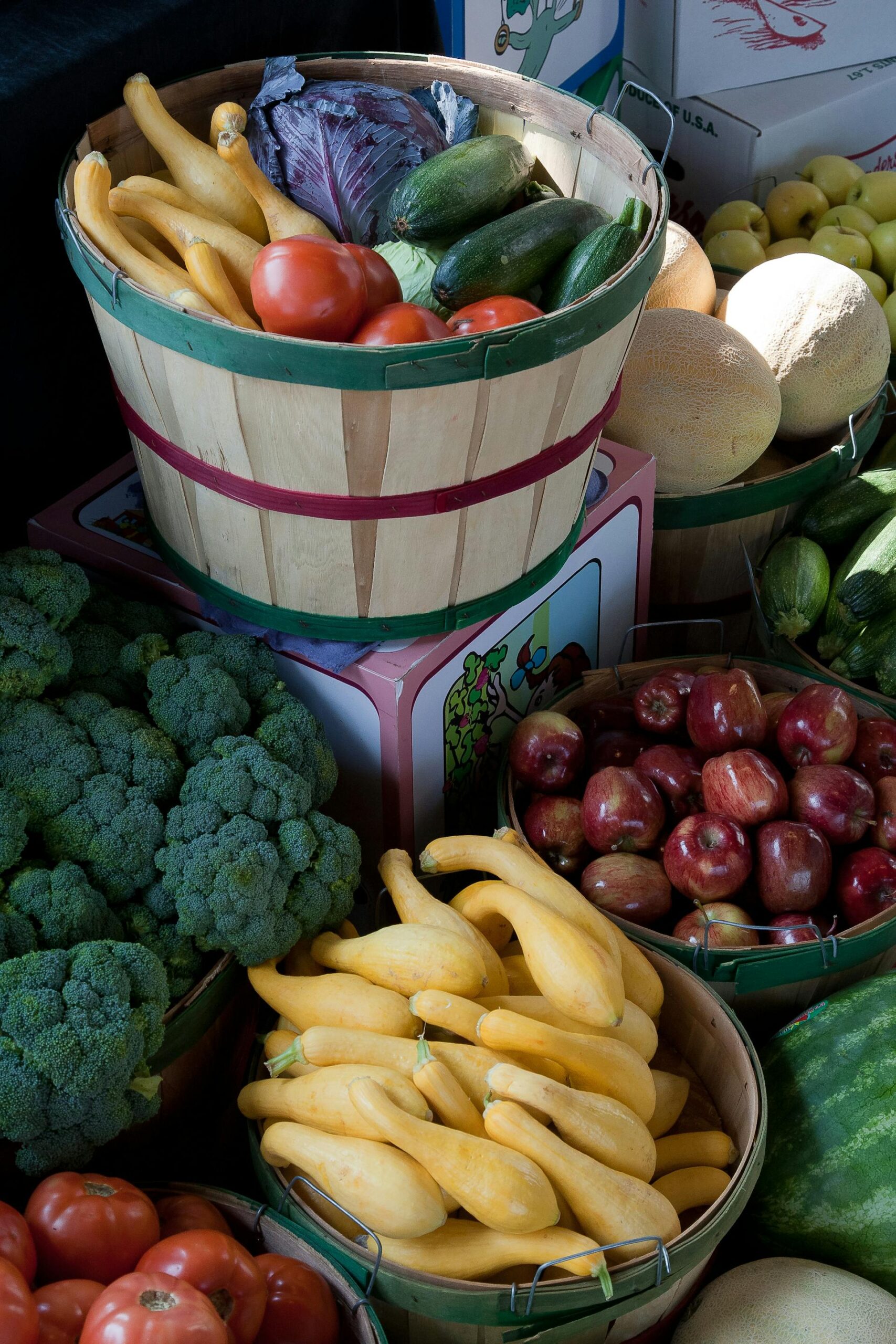Public documents
Public documents, results and outcomes of the I-RESTART project
9.3 – Project leaflet and poster
This deliverable outlines the strategy for promoting I-RESTART and maximizing its outreach. Led by LVA, with support from partners, the plan includes social media, newsletters, press releases, videos, and events to engage national and EU stakeholders, ensuring broad visibility across the agri-food, veterinary, and education sectors.

5.4 – Online public Platform and map
This deliverable outlines the creation of a user-friendly, web-based database with an integrated map to enhance the visibility and accessibility of project outcomes. The platform compiles data on stakeholders, organizations, curricula, best practices, and relevant projects, fostering knowledge sharing and new European partnerships in the agri-food and education sectors.
4.3 – Work Based Learning Framework
This deliverable outlines the I-RESTART Work-Based Learning framework, combining structured learning with real-world experience. Aligned with EU guidelines, it supports learner-centred programs and integrates with international micro-credential systems.
7.2 – Prioritised skills and new occupational profile creation
This report outlines the prioritisation process of 12 Occupational Profiles (OPs) and the associated micro-credential skills in the Animal Production, Veterinary, and Food Industry sectors. A foresight and matchmaking exercise guided the selection of profiles, ensuring they address current and future sector needs. The report also details the methodology used for prioritisation.
4.2 – Curricula design
This report outlines the development process of curricula for 12 newly defined occupational profiles (OPs) in the animal production, food industry, and veterinary sectors. Based on skill needs identified in earlier project phases, the design process included sector collaboration, focus on digital and sustainable competencies, and the integration of micro-credentials for upskilling and reskilling.
This work aims to support the agri-food sector’s transition toward sustainability, innovation, and inclusivity across different EU education systems.
4.1 – Training and delivery methodology
This deliverable compares innovative training methods to support inclusive and flexible learning, including microlearning, gamification, blended and work-based learning. It also explores the use of micro-credentials in line with I-RESTART’s training goals.
6.1 – Regulatory Framework
This deliverable focuses on establishing a long-term strategy for the sustainability and uptake of training initiatives in the agri-food and veterinary sectors. It compiles relevant national and EU regulations, supports national roadmaps, identifies funding opportunities, and promotes stakeholder engagement through a Sector Skill Alliance, building on I-RESTART and the FIELDS Blueprint.
6.2 – Funding Opportunities
This deliverable identifies and compiles national, regional, and EU funding opportunities to support the implementation and sustainability of I-RESTART’s training strategies. Partners researched relevant funding programs from local and EU sources, with the findings available on the project platform to guide future applications and ensure ongoing use of project resources.
3.6 – Web-based questionnaire
This deliverable presents a multilingual web-based survey aimed at identifying skills gaps and training needs in the animal production, food industry, and veterinary sectors, based on insights from sectoral focus groups.

3.8 – Trends and Scenario Analysis
This document analyses and summarises the trends in three different sectors in the consortium’s countries, and then prepares the trends for three scenarios that are foreseen: local route for sustainability, route continued for sustainability, and techn route for sustainability.
2.3 – Report on Open Days
In this report we inlcuded general information about the open days organized throughout the countries involved in this project.
The feedbacks of the workforce involved and participating in the training have been added to this report to allow for different points of view.

2.1 – Report on urgent skills needs per country and per sector
In this report we identified urgent skills needs fostered by the COVID-19 crisis and the emerging technologies, green and digital transition for agri-food and veterinary sector.
This study was based on available outputs from the Skills Panorama platform from CEDEFOP which integrates in one single portal data and information on skills needs and mismatches from EU, the ESCO database, the AER roundtable of April 2021, the EIP-Agri seminar on digital skills, the IOF2020 project and all useful inputs from partners previous or on-going project on the subject (FIELDS, PLANET, SAGRI, ASKFOOD, FIT4FOOD, etc).
3.1 – Update of database and platform
This document summarises the activity towards the collection of data and how the databases were structured. I-RESTART used the platform framework of the Erasmus+ Blueprint project FIELDS, which had already developed a database with the same objectives of data collection as the project I-RESTART. Some modifications were required to separate the inputs. The rationale behind this decision was due to the equal structure needed for the data collection, but the different nature of the partners and data collection required. Thus, FIELDS collected data mostly on agriculture, food industry and forestry sectors, with a strong focus on bioeconomy, sustainability and digitalisation fields; I-RESTART collected data from the animal production, veterinary and food industry sectors with a strong focus in further fields. Here the fields covered: Digitalisation, Sustainability and bioeconomy, Business and entrepreneurship, Soft skills, One-health, Sector specific emerging trends.

3.2 – Report on the Pact for Skills initiatives
The report discusses various EU initiatives and frameworks related to skills development. It begins with an overview of the European Skills Agenda, a five-year plan to enhance skills quality and relevance, bridge the skills gap, and create a supportive ecosystem for skill development. The document also introduces the European Year of Skills, which addresses skills gaps within the EU and promotes digital and green technology skills through reskilling initiatives. Furthermore, the Pact for Skills is highlighted as a shared engagement model that fosters collaboration between public and private entities to address skills needs and promote lifelong learning. The report explores the Agri-Food Pact for Skills Partnership, which addresses skills challenges in the agri-food ecosystem and highlights the relevance of the I-RESTART project in supporting the Pact for Skills. Lastly, the text reports on the Food Knowledge and Innovation Communities (KICs) initiative by the European Institute of Innovation and Technology (EIT), the European educational frameworks, and tools contributing to skills development and recognition in Europe.
